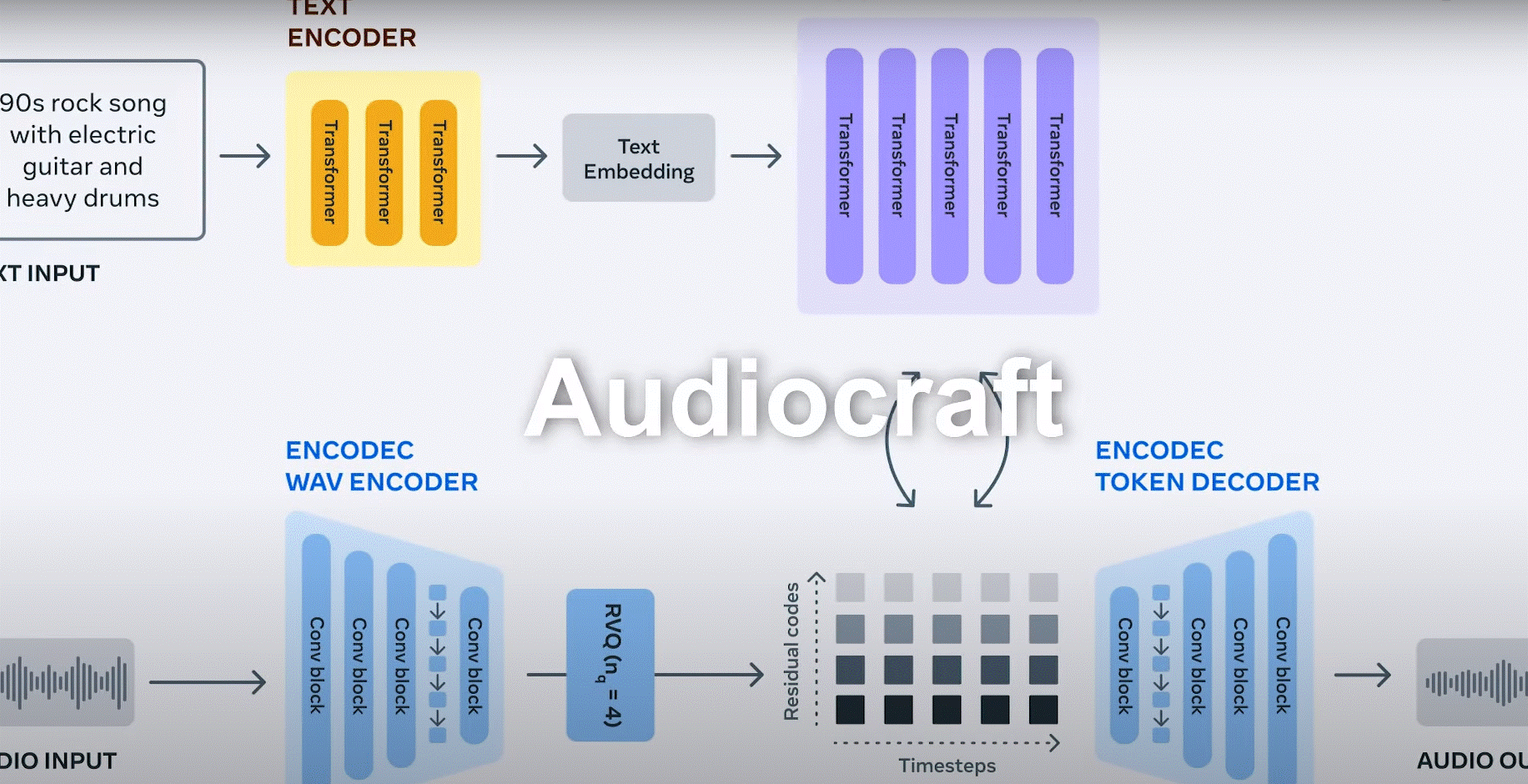Artificial intelligence chips, sometimes referred to as artificial intelligence accelerators, are specialized hardware parts made to speed up deep learning and machine learning operations. Artificial intelligence (AI) chips are designed specifically to efficiently handle complicated neural network computations, in contrast to standard CPUs or GPUs.
Inventing the Initially AI Chips
The search for more rapid and effective computing marked the beginning of the development of AI processors. The following significant milestones:
- 1956 saw the coining of the term “artificial intelligence,” which sparked interest in the development of sentient machines.
- 1980s: To simulate neural networks, researchers began experimenting with specialized hardware.
- 2010s: By creating GPUs with improved parallel processing capabilities, companies like NVIDIA, AMD, and Intel unintentionally laid the foundation for AI acceleration.
How They Works?
Unlike conventional electronic chips that rely on the movement of electrons through semiconductor materials, light-powered AI chips leverage the speed and efficiency of light to carry out computations.
Utilizing optical technology, these chips have the capability to process data at remarkable speeds, all the while consuming notably less energy.
.
AI Chip Features
- Increased Processing Speed: Due to less consumption of power its much faster then other process.
- Reduced Energy Consumption: Light-based chips are poised to be much more energy-efficient, paving the way for eco-friendly computing solutions.
- Enhanced Privacy: The unique data processing methods of light-based chips could offer greater resistance to cyber threats, bolstering data security.
- Parallel Computing: AI chips are particularly good at parallel computing, which is essential for training big neural networks.
- Low Precision Arithmetic: In order to expedite calculations, they employ a decreased level of precision (e.g., 16-bit or even 8-bit).
- High Memory Bandwidth: AI workloads require efficient data transport.
- Custom Architectures: Businesses create AI processors especially for use with neural networks.
Top AI Chip Manufacturers
- NVIDIA
For many years, NVIDIA GPUs have ruled the AI chip industry. Their potent GPUs—like the NVIDIA A100—are frequently employed in deep learning model training.
Challenges: Despite their achievements, NVIDIA still has to contend with new competitors. - Microsoft’s own AI processors are the Azure Maia AI Accelerator and Azure Cobalt CPU. These chips are an attempt to threaten NVIDIA’s hegemony.
Unique Approach: Microsoft’s years-long process of silicon testing guarantees the best possible performance and adaptability. - AMD
The AMD MI300X chip is becoming more popular. Businesses like Microsoft and Meta Platforms already use it as an alternative to NVIDIA’s GPUs.2.
Use Case of Artificial Intelligence Chips
Health care
AI chips enable specific treatment feedback, treatment improvement, and imaging for health care. They save processing times while increasing diagnostic accuracy.
Self-driving Cars
AI chips are used by self-driving automobiles to make decisions in real time. These chips guarantee security when processing sensor data.
Study of the Ecology
Artificial intelligence AI Chips use data from satellites and process very fast for tracking natural disasters, climate change, and deforestation.
Challenges of Light-Powered AI Chips
- Heat Dissipation: Efficient cooling solutions are crucial due to the immense heat generated during AI chip computations.
- Energy Efficiency: Striking a balance between performance and power consumption remains a challenge.
- Scalability: Adapting to handle larger workloads as AI models grow poses a continuous challenge.
Conclusion
Researchers are exploring novel approaches, including light-powered AI chips.
These chips use photons instead of electrons for computation, promising ultra-fast and energy-efficient processing.
In summary, AI chips are revolutionizing computing by enabling faster, more efficient AI workloads. As Microsoft, AMD, and others challenge NVIDIA’s dominance, the future of AI chips holds exciting possibilities for society and technology.











